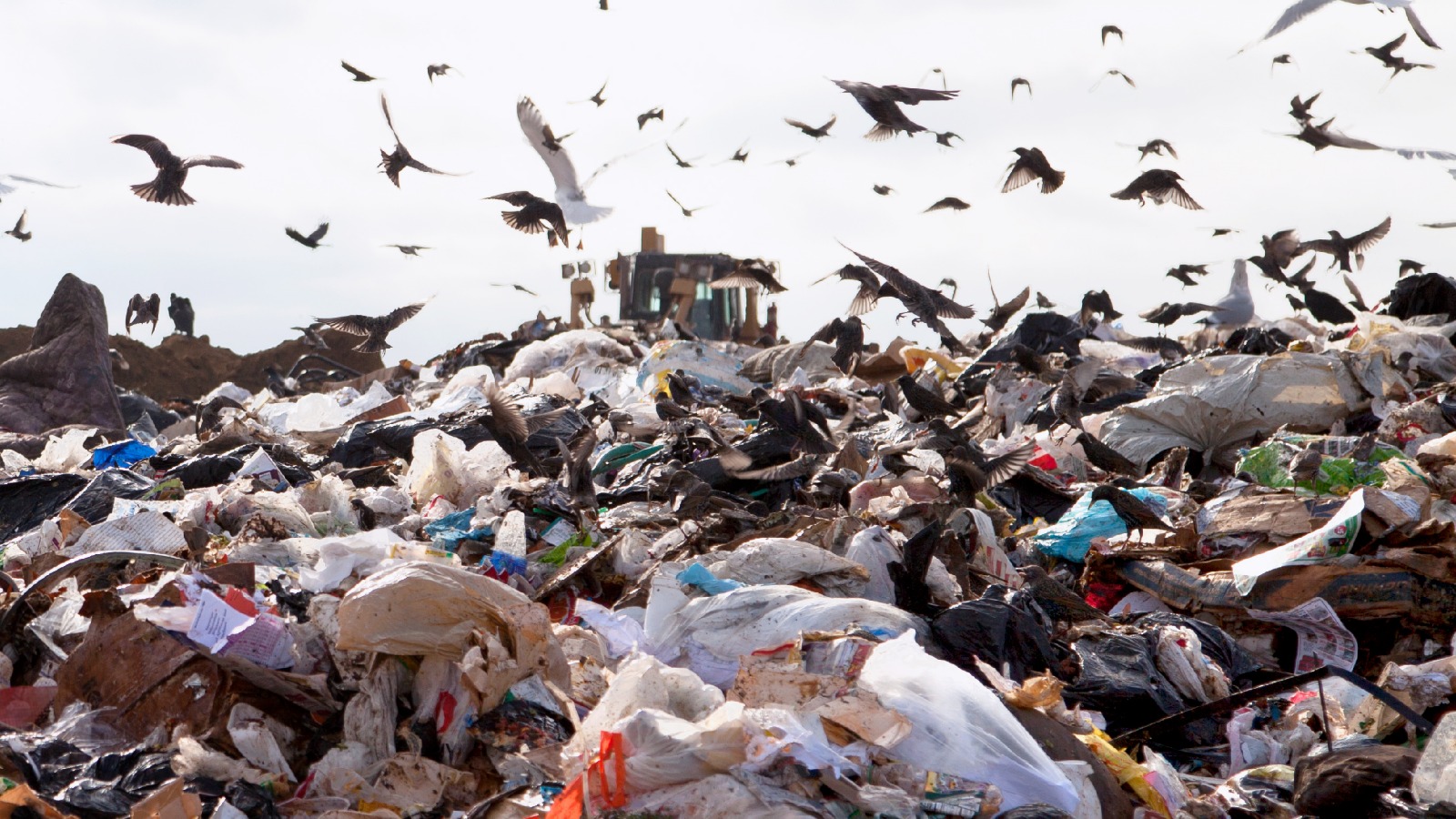The state of Massachusetts is cracking down on food waste in a big way. Come Oct 1, any institution producing more than a ton of leftovers a week — think grocery stores, hotels, universities, nursing homes, and the like — won’t be able to send their discarded food to the landfill anymore. Their only options: donate any usable food, ship the remaining scraps to a composting facility or as farm animal feed, or turn the food waste into clean energy at an anaerobic digestion facility, where microbes in enclosed chambers break it down. The resulting biogas can then be used to create heat and electricity, or converted to compressed natural gas to fuel buses and trucks.
Some 1,700 business are set to be affected by the ban — part of the state’s ultimate plan to reduce its waste stream 30 percent by 2020 and 80 percent by 2050. NPR reports:
What’s driving this policy? Landfills aren’t very environmentally or financially attractive anymore. They generate greenhouse gases, and space is getting increasingly limited – and costly — as they start to reach capacity.
According to the Department of Environmental Protection’s most recent data, Massachusetts disposed of 4.9 million tons of solid waste in 2011, with food waste making up about 17 percent, or about 830,000 tons.
Vermont and Connecticut enacted similar bans, but they’re limited in scope compared to Massachusetts. Either way, New England is institutionalizing something we’ve always known: Landfills are just so passé.




